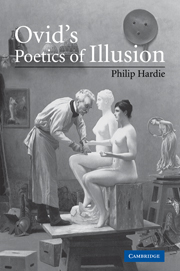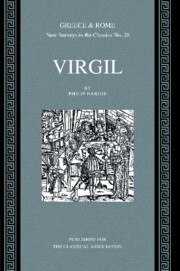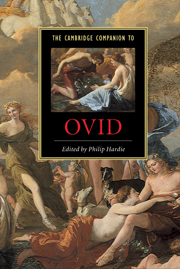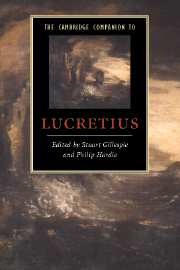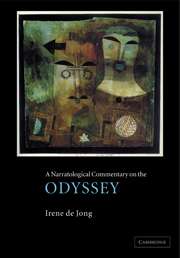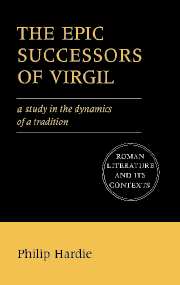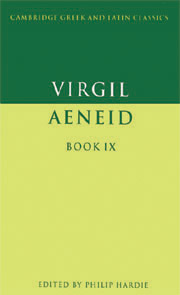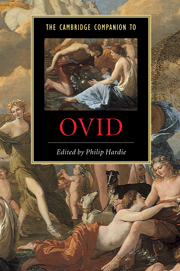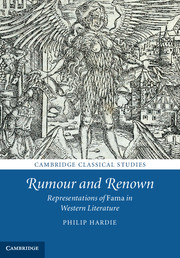Ovid's Poetics of Illusion
Ovid's poetry is haunted obsessively by a sense both of the living fullness of the texts and of the emptiness of these 'insubstantial pageants'. This major study touches on the whole of Ovid's output, from the Amores to the exile poetry, and is an overarching treatment of illusionism and the textual conjuring of presence in the corpus. Modern critical and theoretical approaches, accompanied by close readings of individual passages, examine the topic from the points of view of poetics and rhetoric, aesthetics, the psychology of desire, philosophy, religion and politics. There are also case studies of the reception of Ovid's poetics of illusion in Renaissance and modern literature and art. The book will interest students and scholars of Latin and later European literatures. All foreign languages are accompanied by translations.
- A major study of one of the most important ancient poets
- Includes substantial discussions of Ovid's influence on later European literature and art
- The author is a leading authority on Latin poetry
Reviews & endorsements
"[Hardie's] careful attention to the text and his illuminating discussions of Ovid's language allow him to bring traditional literary criticism into the twenty-first century." Classical Bulletin
"...Hardie deserves the gratitude of all Ovid's readers for his most recent acute and enlightening study of the poet." Classical World
"Philip Hardie deserves much praise for this fine book, and Ovid's Poetics of Illusions deserves a place on the shelves of every library and of every reader of Ovid." Bryn Mawr Classical Review
"...this is a book that few scholars could write. Its combination of philological detail, literary (especially psychoanalytic) theory, sophisticated interpretation and broad scope is breathtaking." New England Classical Journal
"The breadth of his reading, in classics and other disciplines, provides much new food for thought. For Ovidians, Ovid's Poetics of Illusion may be hailed as a masterly synthesis and summation of recent critical impulses; for Vergilians, it offers many stimulating insights into the way Vergil's poetics of illusion are present in Ovid." - Stephen Wheeler, Pennsylvania State University
Product details
January 2007Paperback
9780521030922
376 pages
228 × 152 × 23 mm
0.558kg
12 b/w illus.
Available
Table of Contents
- List of illustrations
- Acknowledgements
- 1. Introduction
- 2. Impossible objects of desire
- 3. Death, desire and monuments
- 4. The Heroides
- 5. Narcissus: the mirror of the text
- 6. Pygmalion: art and illusion
- 7. Absent presences of language
- 8. Conjugal conjurings
- 9. The exile poetry
- 10. Ovid recalled in the modern novel
- Bibliography
- Index of modern authors
- Index of passages discussed
- General index.

